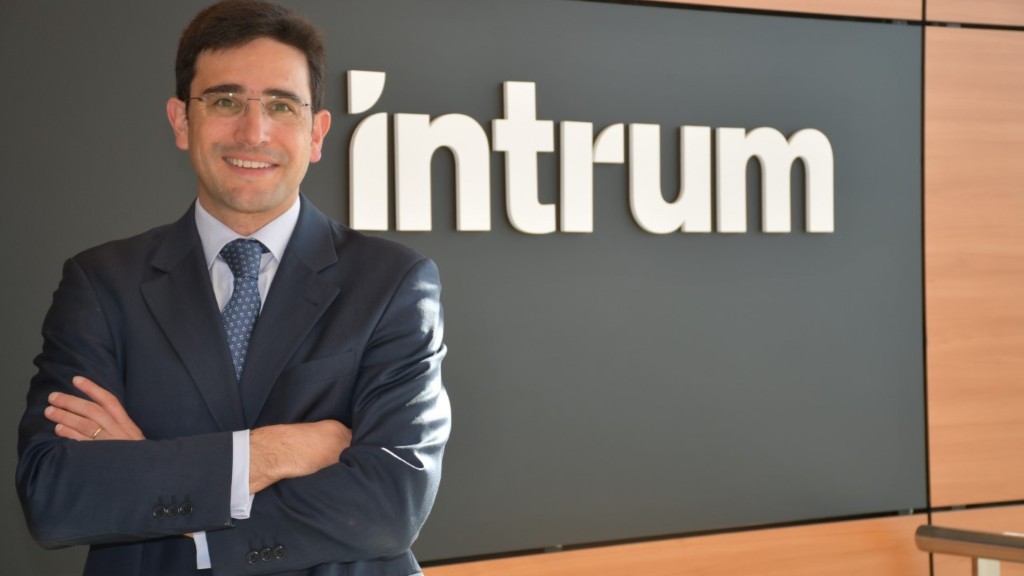
The Google hardware division keep shrinking. This time it is the group dedicated to the development of the Pixelbook laptop the one that disappears According to The Verge, the company has canceled the next version of the laptop and has disbanded the team responsible for its development. The new team was already in an advanced stage of development and everything indicated that it was going to be presented next year. But eventually it will stay in a drawer. Those who worked on its creation, yes, have not been fired, but have been relocated to other projects within Google.
It was only a few months ago that Google had plans to go ahead with the Pixel book. Prior to its annual I/O developer conference, the company’s hardware manager, Rick Osterloh, assured that they were going to launch not one, but several Pixelbooks in the future. But he also acknowledged that the Chromebook market had changed since the original Pixelbook launched in 2017. In addition, he pointed out that the category (the Chrome OS market) had matured, and that they can be expected to last for quite some time. Of course, it seems that Google thinks that the Chrome OS market no longer needs the company as much as then.
The last laptop released by the company was the Chromebook Go in 2019, which it still sells. Shortly after his departure, rumors began that the division of laptops and tablets was going to be reduced. Until today, it seems that the plans for launching tablets have been resumed, but the development of new laptops seems dead.
Apparently, the reason for disbanding this team is that Google CEO Sundar Pichai wants to cut costs. Last August, Pichai noted that “productivity as a whole is not where we need it to be for the number of employees we have«. In addition, he warned that the company «it would consolidate in areas where investments overlapped, and it would adjust processes. In other cases, development will be paused and resources redistributed to higher priority areas«. He also assured that he was going to stop the hiring of new personnel. The Pixelbook team and the Pixelbook itself have fallen victim to this new rollout and consolidation process.
Google’s hardware strategy, especially with Pixel devices, has been to make good products and show other manufacturers how to do the same. They started investing in Pixel phones to show what they think an Android phone should look like. Not long ago they have re-engaged in the development of smart watches, and the result of this is the Pixel Watch, which will be launched in a few weeks. They have also created an Android tablet, which they will present next year. Both device types exist in categories where most Android devices have failed. Google, with this, they are trying to convince developers, manufacturers and customers that they can be good.
Something similar happened with high-end Chromebooks. It has been almost a decade trying to convince the world that these types of devices are a good idea. When he released the first Chromebook Pixel in 2013, he had a very high spec, and Chrome OS on a $1,300 PC. Both the Pixel and the Pixelbook were niche models with high prices, and although it is not known how many units they have sold, they were clearly too expensive to make a difference in the laptop market, which is quite dense with equipment of all kinds of prices and benefits.
Since then, Google has not managed to trace its new equipment to the level of the Pixelbook. He tried it with the Pixel Slate tablet, with a keyboard that could be separated and that was similar to the Surface, but it did not succeed. Then came the Pixelbook Go, a cheaper and smaller version of the Pixelbook, in 2019. That year, there were already several manufacturers launching quality Chromebooks and with different prices, formats and features. And many of them cheaper than the Pixelbook. Chromebooks have skyrocketed in popularity in the education sector, especially in the pandemic. But that’s it.
Google has not released, despite this, not a new version of your laptop in three years, and everything indicates that they are going to focus on what they think needs strengthening in the Android ecosystem: smart watches and tablets. But the company has a long history of abandoning projects for several years after deciding to try them again, so one day Google may decide the Chromebook market needs a boost and release more Pixelbooks.



